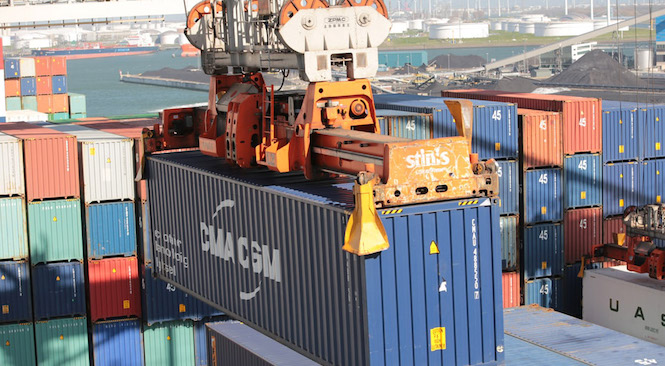The House of Representatives has called on the Central Bank of Nigeria (CBN) to maintain the system exchange rate for customs duty and excise duty purposes below N1,000/$1, preferably at N951.941/$1. This decision aims to encourage patronage in Nigerian ports, prevent galloping inflation, and ensure economic stability and competitiveness in the global market.
Additionally, the House urged the Federal Ministry of Finance and CBN to provide adequate notice to stakeholders in the maritime industry and the general public before altering the customs exchange rate. This measure is intended to promote transparency and allow stakeholders to prepare for any changes that may affect their operations.
Furthermore, the House recommended that the federal ministry of finance adhere to international best practices by allowing a 90-day grace period for fiscal policy changes. This period would facilitate the completion of ongoing transactions under existing policies and ensure a smooth transition to new policies.
These resolutions were made following the adoption of a motion on the “Need to Rescue the Nigerian Economy from Imminent Collapse and Restore Investors’ Confidence in the System,” moved by Hon. Leke Abejide at plenary.
Abejide highlighted the disruptive impact of frequent customs exchange rate adjustments by the CBN on businesses and investors. He emphasized the need for stability and predictability in the exchange rate to enable effective business planning and boost investor confidence.
The lawmaker also raised concerns about Nigerian importers shifting towards ports in neighboring countries due to the excessive fluctuations and volatility in the currency market. This shift has resulted in a substantial decrease in cargo importation and business activities at Nigerian seaports.
To address these challenges, the House mandated its Committees of Customs and Excise, Finance, and Banking Regulations to engage with relevant stakeholders. This engagement will focus on fixing the exchange rate for customs and excise duties to enhance predictability, stability, boost exports, and encourage patronage in the nation’s ports.
